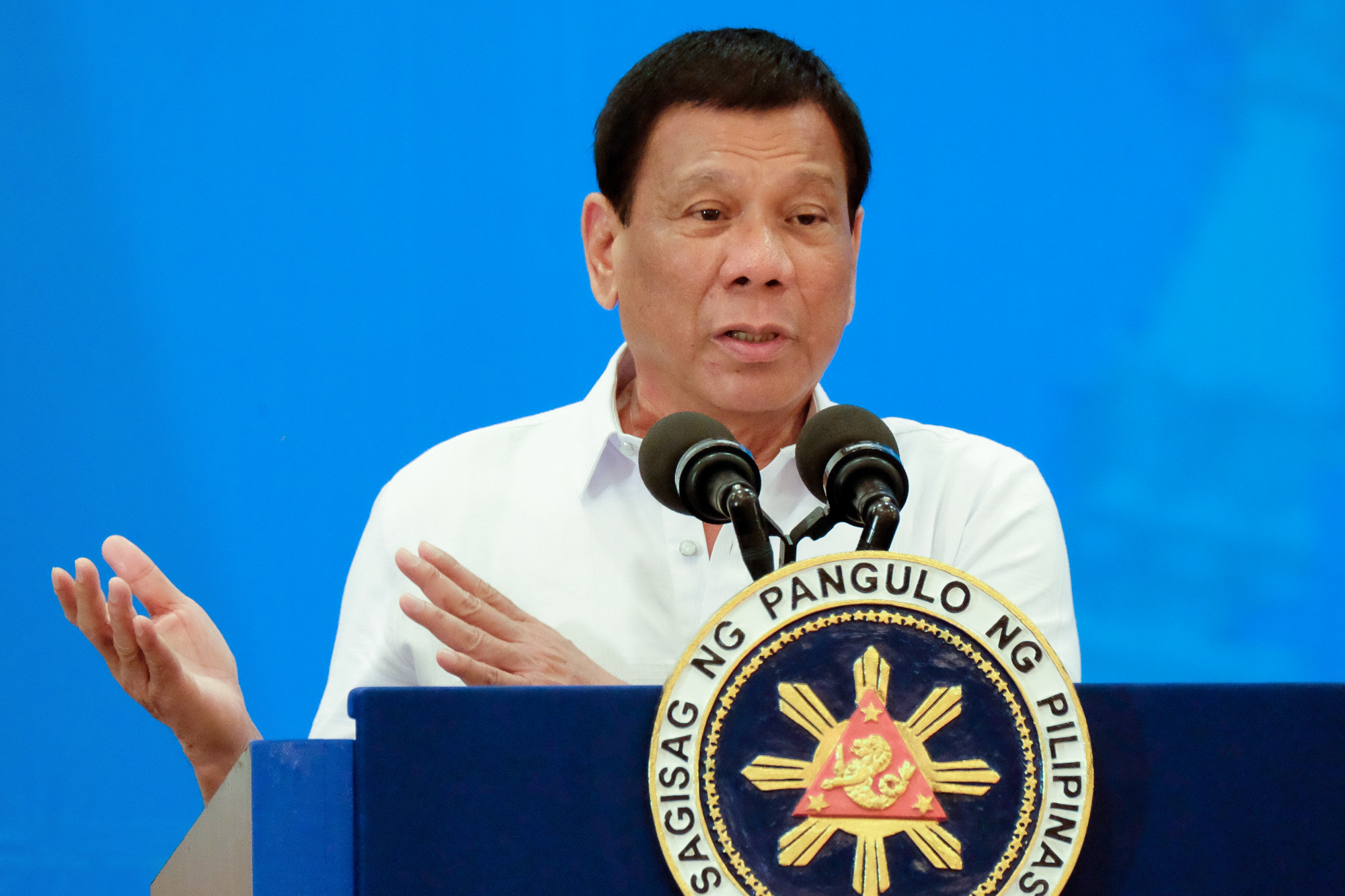Views expressed in opinion columns are the author’s own.
What would you do with $550 million dollars to help your community? Personally, the last thing I would do would be aid in human rights abuses. I imagine this is obvious, and many others would feel the same.
However, the United States government recently provided the Philippines with $550 million, and the Philippine police and military have used it to commit human rights abuses against Filipino people. In an attempt to control drug users and terrorists, the Philippine government has enacted human rights abuses on its most vulnerable citizens, and it has been since 2016.
What may seem like a human rights situation worlds away is actually happening due to the actions of our own government.
Instead of sending money to harmful regimes, the United States should suspend U.S. military aid to the Philippines and instead support the Philippine Human Rights Act here at home. Introduced by Susan Wild in September 2020, the act aims to suspend U.S. military aid to the Philippines. Further, it asks U.S. bank representatives to vote against providing loans to Philippine military and police, and asks the state and defense departments to submit a report specifying all security assistance or loans made available to the Philippine police or military.
In short, the act hopes to stop aid and hold the U.S. government accountable for its role in committing human rights violations. Our legislators must pass this act in order to recuse the country from any further human rights violations of the Filipino people.
These human rights violations began when the Philippines President Rodrigo Duterte started his term in 2016. Duterte enacted an anti-drugs policy to target suspected drug dealers. However, the true impact of the policy lies in the 30,000 Filipinos killed and the 450,000 others displaced due to his war on drugs, most of whom were poor and were not drug dealers at all.
Unfortunately, the violence did not stop there. In 2020, Duterte passed the Anti-Terrorism Act which allows his administration’s Anti-Terror Council to expand the definition of terrorism. This gives it the power to label individuals such as women’s rights activists, Indigenous representatives, LGBTQ+ people and even those who interact with certain social media posts as terrorists.
It is clear Duterte’s war on drugs is no longer an anti-drug campaign, but rather a campaign of extrajudicial execution in impoverished and urban areas of the Philippines.
These actions violate and threaten basic rights of due process, trial, privacy, freedom of speech, freedom of expression and freedom of assembly — all things the U.S. claims to defend at home and abroad. When looking to mitigate the war on drugs, the want for security is believed to be at the expense of human rights. However, security and human rights should be bound together. So until all human rights are prioritized, then security for all cannot be expected to follow.
It is clear the U.S. government has the ability to impact the state of human rights in the Philippines. However, the U.S. government’s impact should not be one that puts Filipino human rights at risk. Instead, the U.S. government should work to advance the security and well-being of as many people as possible.
If Congress passed the Philippine Human Rights Act, the U.S. government would be held more accountable for its security assistance to the Philippines, which is being used to advance human rights abuses. The removal of American funding to the Philippines would act as an international statement against the human rights abuses, and would emphasize the importance of protecting rights of basic freedoms and activism. Given the power of American influence, this would speak volumes in international relations.
Passing the act would also have positive effects on Filipino Americans, which would extend past ensuring safety to their families in the Philippines. While it might seem like the current terror in the Philippines could not reach the United States, the Anti-Terrorism Act could eventually include Filipino people living outside of the Philippines. Through the Global Police Community Relations efforts, the Philippine National Police has partnerships with Philippines consulates in different American cities to build relationships with local law enforcement. This could be disastrous for the more than 4.2 million Filipino people in the United States, and passing the Philippine Human Rights Act will help guarantee their safety.
While the role of the U.S. government in foreign aid is a complex discussion, what does seem obvious is that the U.S. government should not play a role in killing, displacing and traumatizing Philippine citizens. The U.S. government must prevent more human rights violations to Filipinos and Filipino Americans, and it can do so by passing the Philippine Human Rights Act.
Lei Danielle Escobal is a sophomore American studies and sociology major. She can be reached at at leidanie@terpmail.umd.edu.



